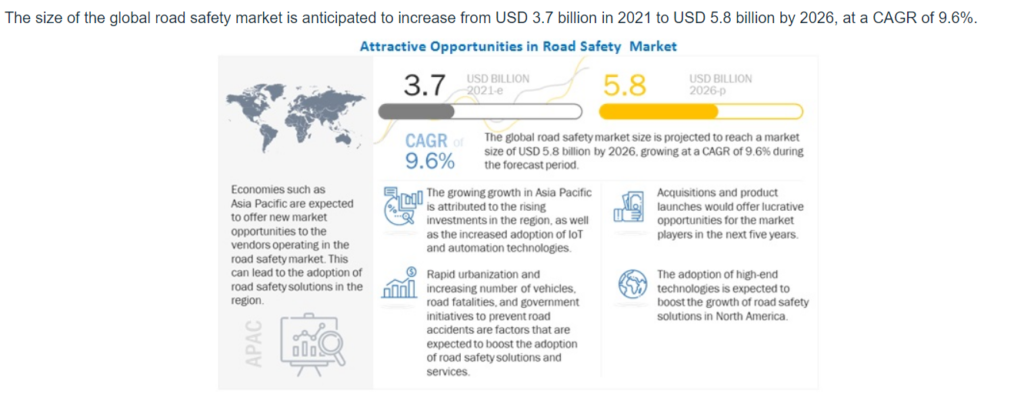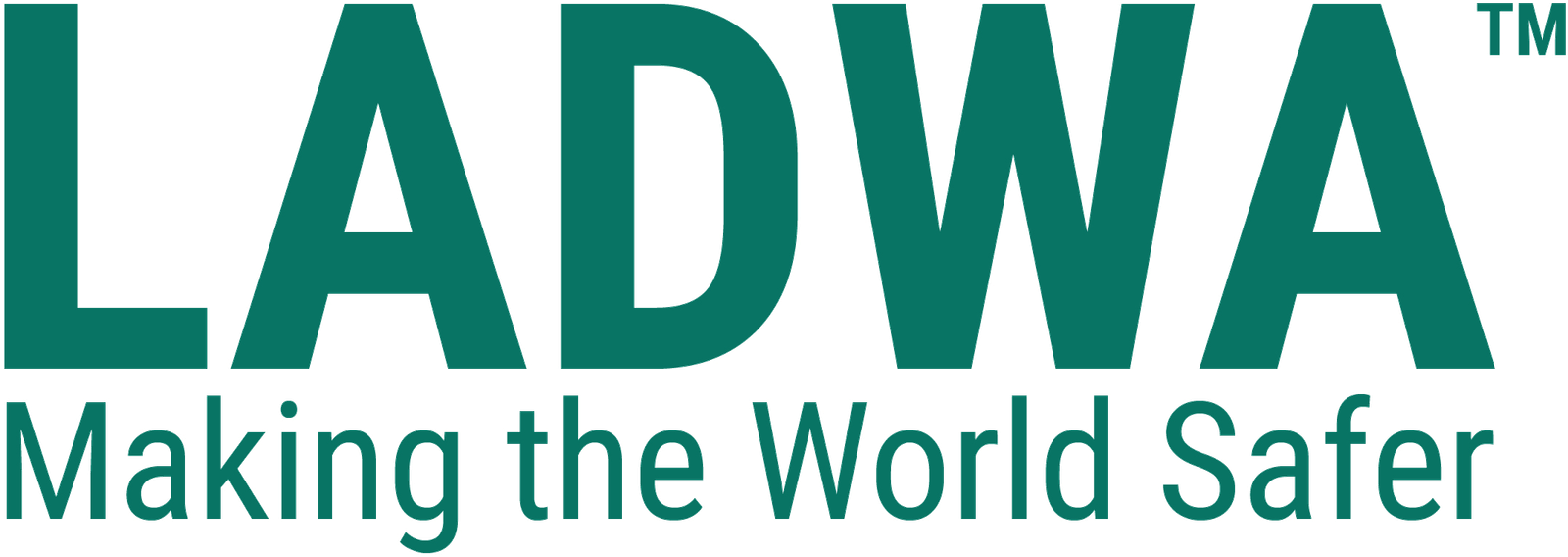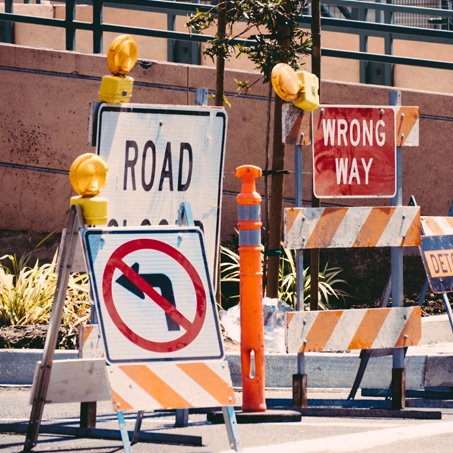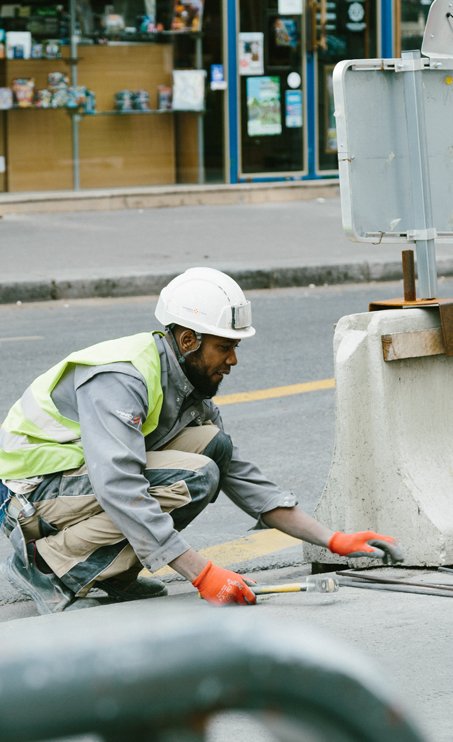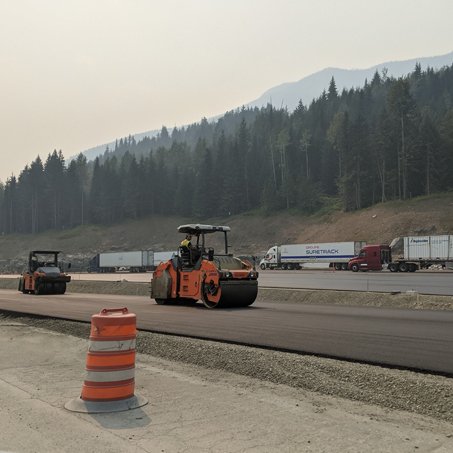Introduction
Road safety is a critical concern worldwide, with traffic accidents leading to significant human and economic costs. The implementation of advanced safety technologies has proven to be an effective measure in reducing accidents and saving lives. However, the road safety industry faces significant challenges in addressing the alarming rate of road accidents globally. One of the primary obstacles hindering the adoption of these technologies is the availability of funding. Financial constraints on governments and private organizations significantly impact the pace of adoption and the progress of infrastructure development, potentially delaying the realization of safer roads for all road users. This article explores the relationship between funding and the adoption of road safety technologies, examining how limited financial resources can impact the effectiveness of safety measures and highlighting the importance of adequate funding in enhancing road safety outcomes. By understanding this dynamic, policymakers and stakeholders can better allocate resources to ensure safer roads for all.

The road safety market is expected to grow significantly in the coming years, driven by the adoption of advanced solutions leveraging cutting-edge technologies such as drones and autonomous vehicles.

The availability of funding directly impacts the pace of adoption of safety technologies and the progress of infrastructure development. Road safety initiatives frequently compete with other government priorities for funding, leading to potential reductions in investment in critical safety measures. This is particularly challenging for developing countries where resources are already limited.

Ladwa Solutions Inc plays a crucial role in guiding large developers and organizations in planning their funds for the effective and necessary deployment of road safety equipment. The company’s expertise in providing turnkey solutions, including installation and maintenance, helps clients ensure that their safety investments are optimized and aligned with their specific needs.
By leveraging Ladwa’s comprehensive product range and project execution methodology, clients can confidently allocate their resources to achieve maximum safety benefits.

The World Bank Group is seeking to mobilize private capital for road safety, recognizing the potential for private investment to accelerate progress in this area. The bank has pledged to provide more than US$175 million in loans and grants for transport in low- and middle-income countries between 2012 and 2022, reconfirming its commitment to road safety through the Second Decade of Action.

Effective road safety policies and programs are essential for reducing the number of road accidents. Developing countries like India have made significant progress in adopting road safety policies and programs, but there is still a long way to go to achieve the desired level of safety.
Conclusion
The financial constraints on the road safety industry significantly impact the adoption of advanced safety technologies and the progress of infrastructure development. The industry must continue to innovate and leverage private investment to accelerate progress in this area. Governments and private organizations must work together to ensure that road safety initiatives receive the necessary funding to achieve the desired level of safety for all road users.


